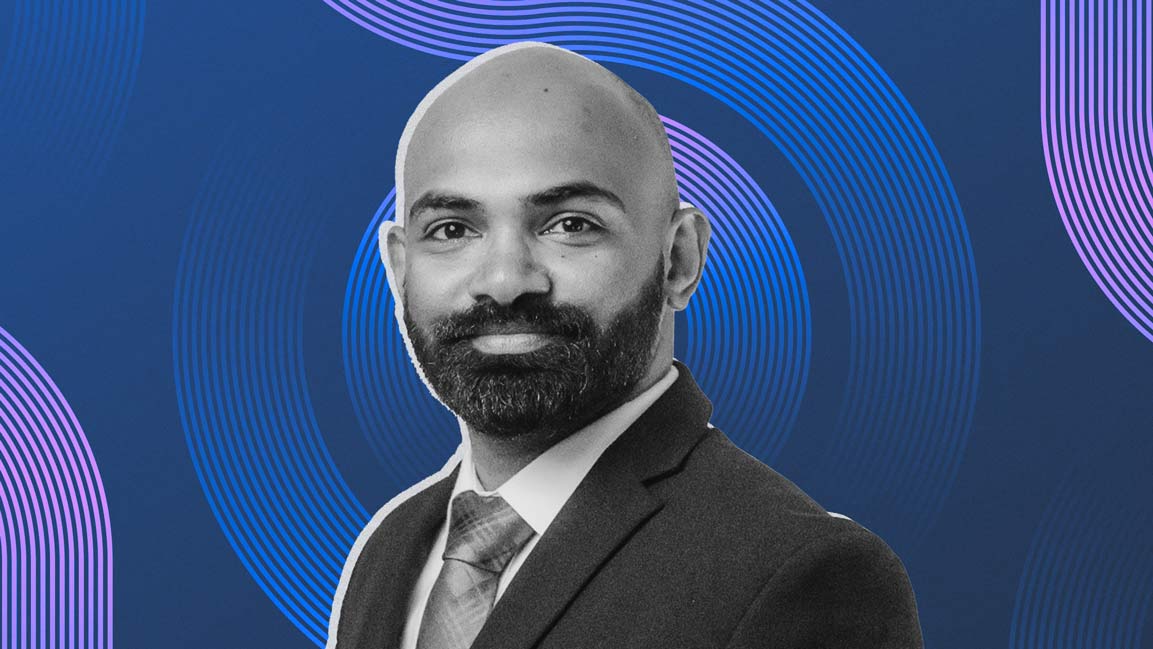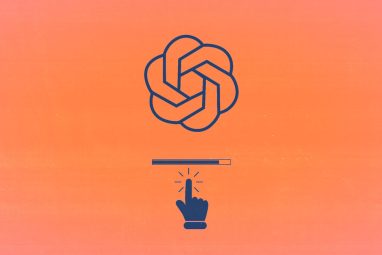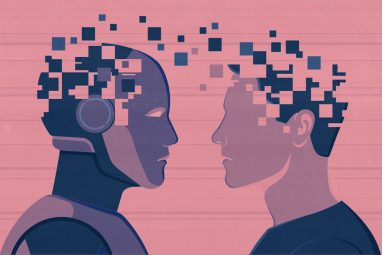India’s AI Advantage Starts in the Classroom, Not the Cloud
Jibu Elias, who leads the Responsible Computing Challenge (RCC) at the Mozilla Foundation, is reimagining computing education in India with a strong emphasis on ethics, inclusion, and societal relevance.
Topics
News
- IIT-Bombay, Columbia Team Up to Build AI Backbone for Indian Manufacturing
- India Bets on Digital Public Infrastructure Model for Education AI
- OpenAI Retires GPT-4o as It Consolidates ChatGPT Models
- Adani Power Sets Up Nuclear Subsidiary
- Musk Unveils xAI Overhaul, Lunar AI Ambitions
- Former GitHub CEO Dohmke Raises $60 Million to Build AI Code Infrastructure

Jibu Elias, who leads the Responsible Computing Challenge (RCC) at the Mozilla Foundation, is reimagining computing education in India with a strong emphasis on ethics, inclusion, and societal relevance.
In an exclusive interview with MIT Sloan Management Review India, Elias spoke about how the Mozilla Foundation is working with educational institutions across the country to empower students to develop technology that addresses real-world challenges, and how artificial intelligence (AI) has become a powerful enabler of this mission.
“What excites me is not just how students are using AI, but why: to solve deeply rooted problems in healthcare, education, accessibility, and financial literacy,” Elias said.
He shared some student-driven projects that exemplify this approach. For instance, PhysioPlay is an AI-powered WhatsApp simulation tool that helps physiotherapy students build diagnostic reasoning through interactive case scenarios, bridging gaps in clinical exposure in an accessible and affordable way.
SpeakBoost is another tool that uses natural language processing to enhance communication skills by giving real-time feedback on pace, tone, grammar, and filler words, helping early-career professionals and students develop critical soft skills often overlooked in tech curricula.
Personal finance chatbot FinSage translates complex financial planning into intuitive, conversational experiences, making budgeting and saving more approachable for young Indians.
WebEase, a student-built browser extension, uses AI to make web content more accessible for users with dyslexia and visual impairments, offering text-to-speech, content simplification, and visual aids.
“These projects reflect what RCC stands for. AI and automation, when approached responsibly, can amplify the imagination of young technologists to tackle problems that matter. We’re not just teaching how to build AI but cultivating the mindset to build it well,” Elias said.
On India’s role in the global AI race, Elias said the country’s strength doesn’t lie in competing on compute power or capital alone, but in its ability to build at scale, with integrity and impact.
He pointed to India’s Digital Public Infrastructure, or platforms such as Aadhaar, UPI, CoWIN, and DigiLocker, as global examples of inclusion-first, interoperable technology.
“Now AI is the next logical layer, and India is positioned to infuse it into public services, education, agriculture, and health in a way that is responsible, local, and transformational,” he said.
Elias also said shifting trade policies and geopolitical developments are influencing RCC’s strategy.
“Geopolitics and trade dynamics are shaping the terrain we work in, especially when it comes to AI. Digital sovereignty is no longer optional, it’s essential,” he said.
RCC is responding by prioritizing open-source tools, fostering South-South partnerships, and building resilience in both supply chains and mindsets. “We’re training students and educators to be adaptable, to question why certain technologies dominate, and to build systems that are not just reactive to global changes but creatively independent.”
“If we do this right,” Elias concluded, “India won’t just be a participant in the global AI race. We’ll help lead a new paradigm — one where AI serves the many, not just the few.”






